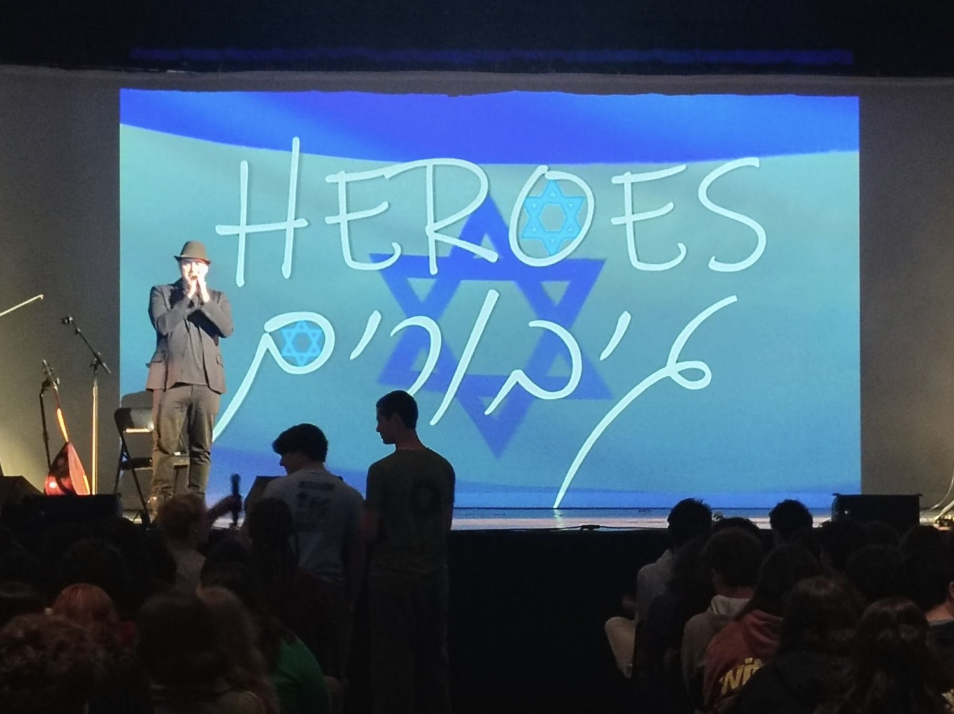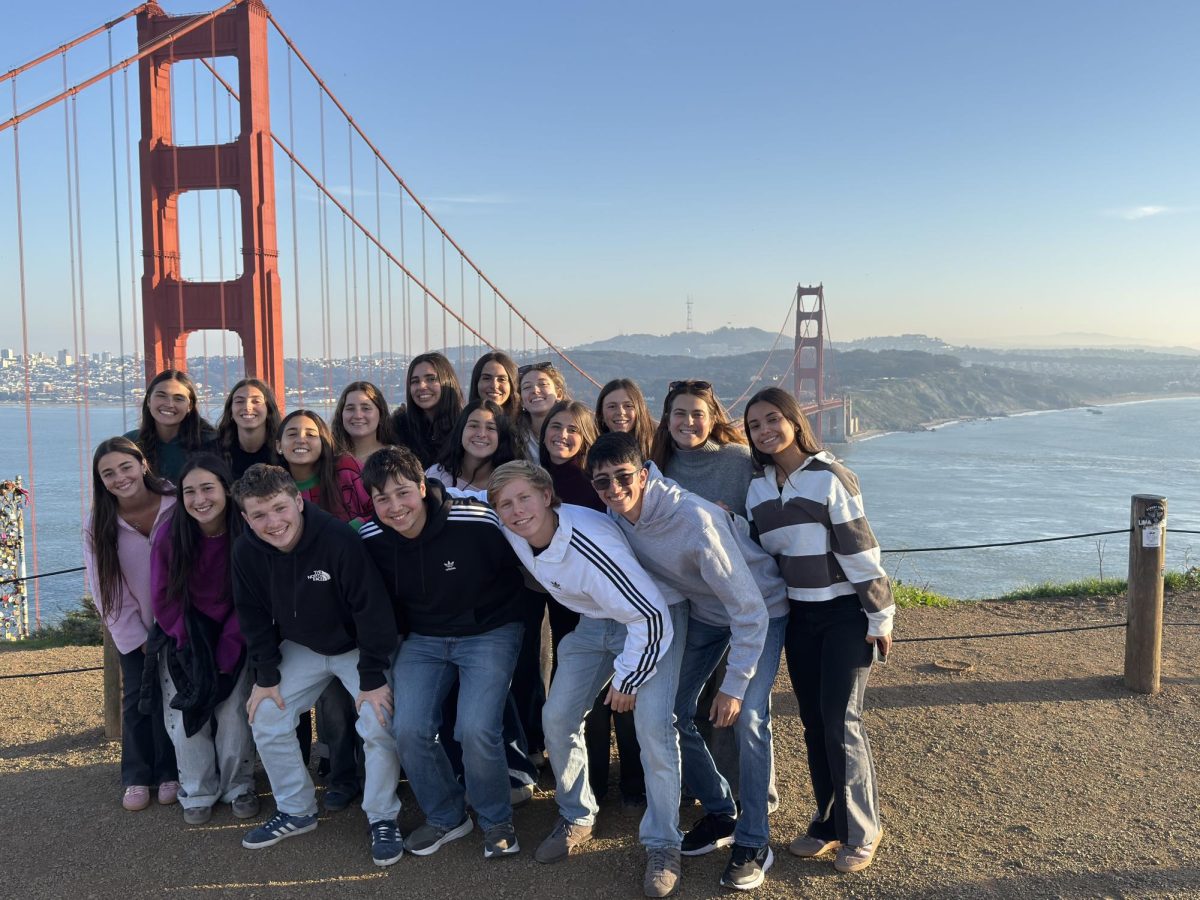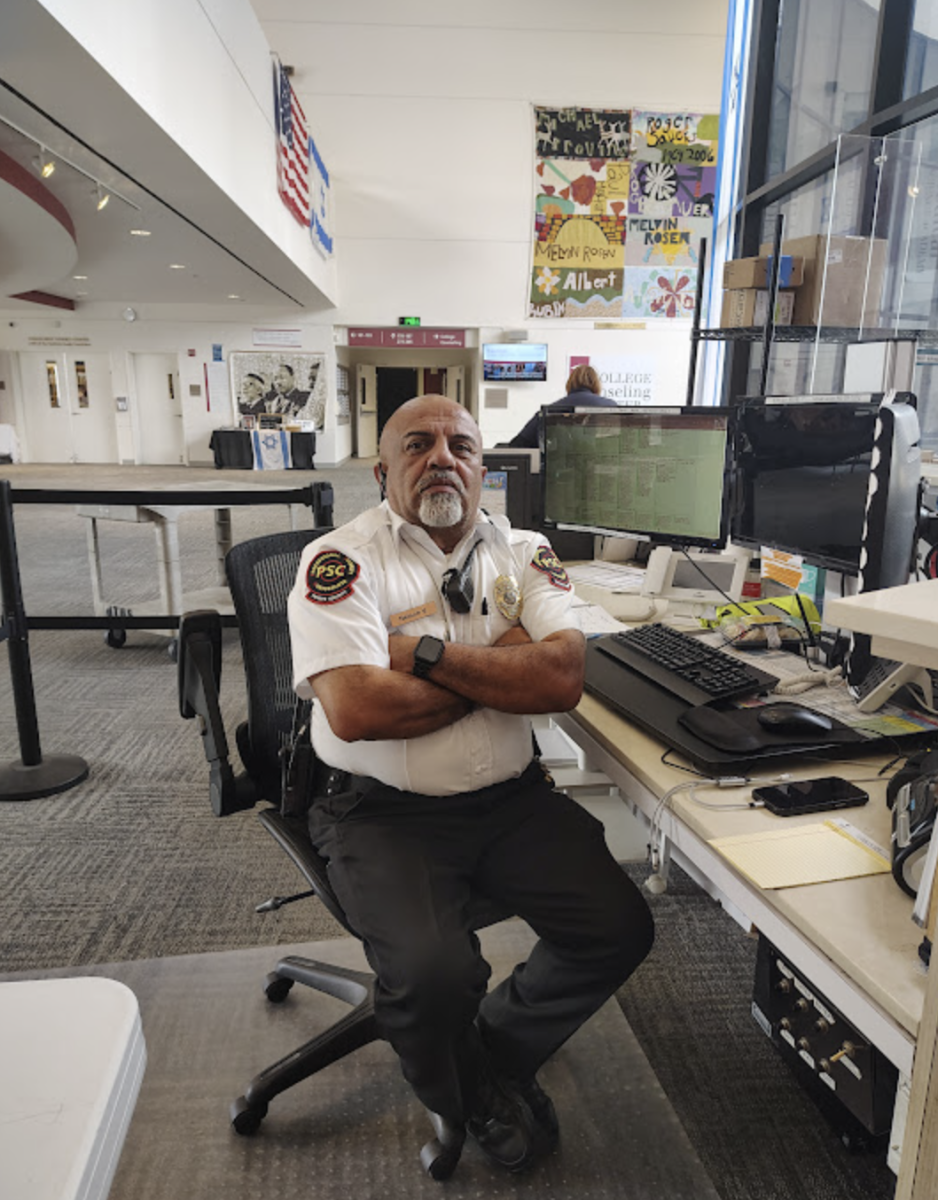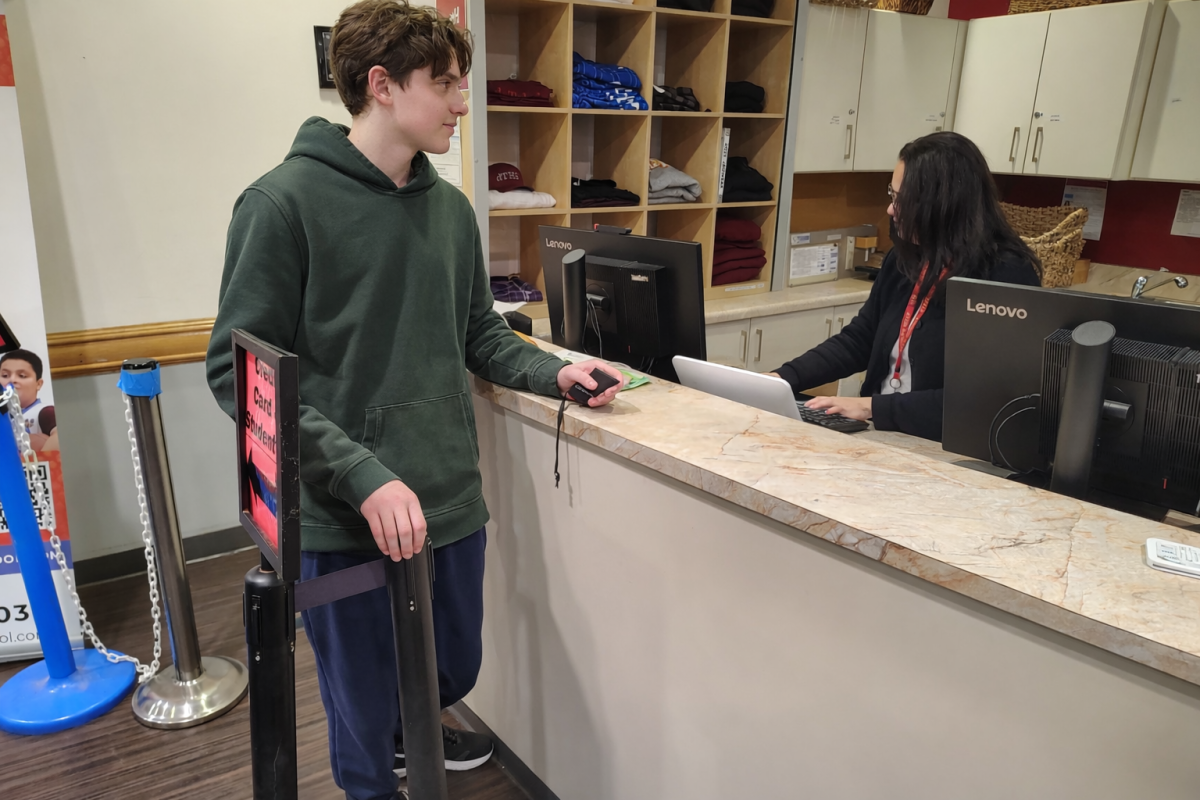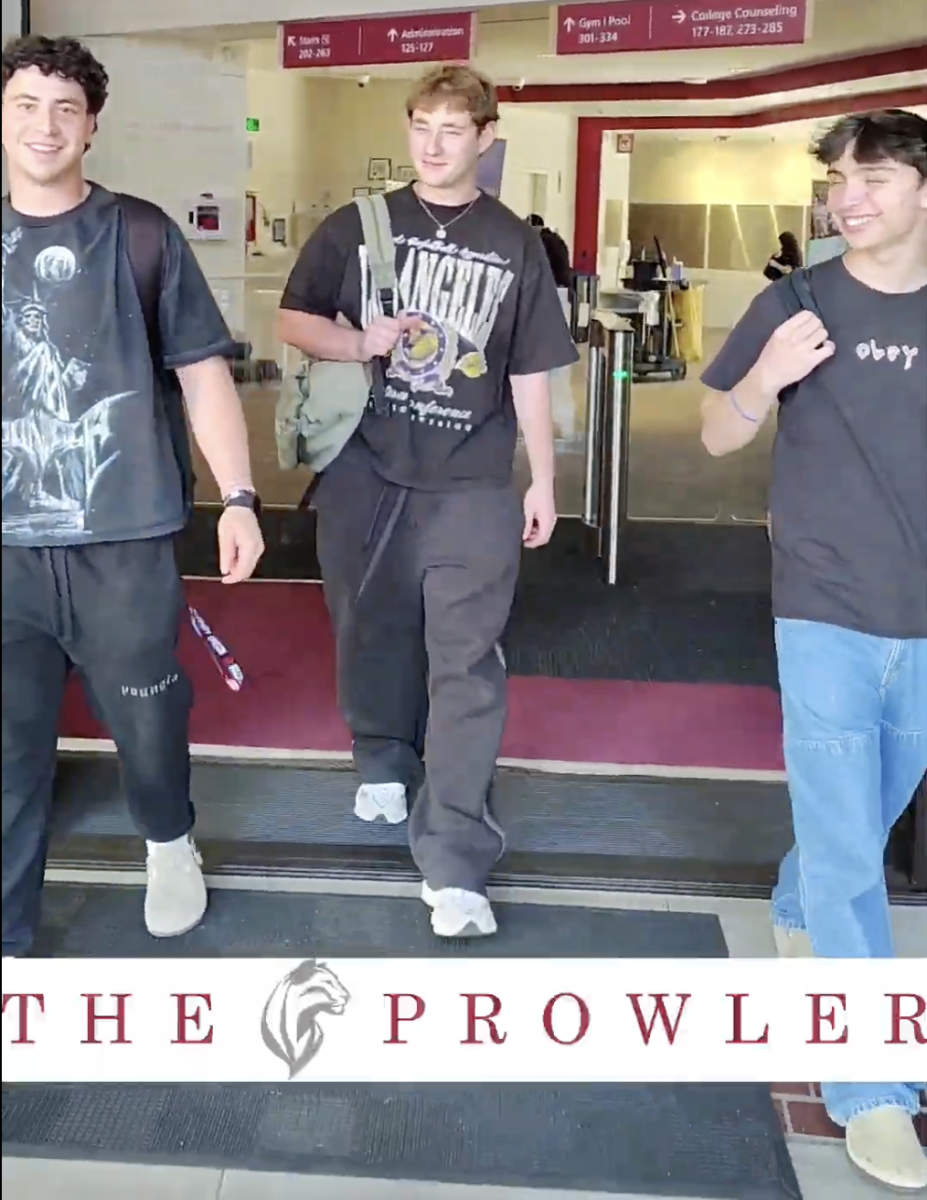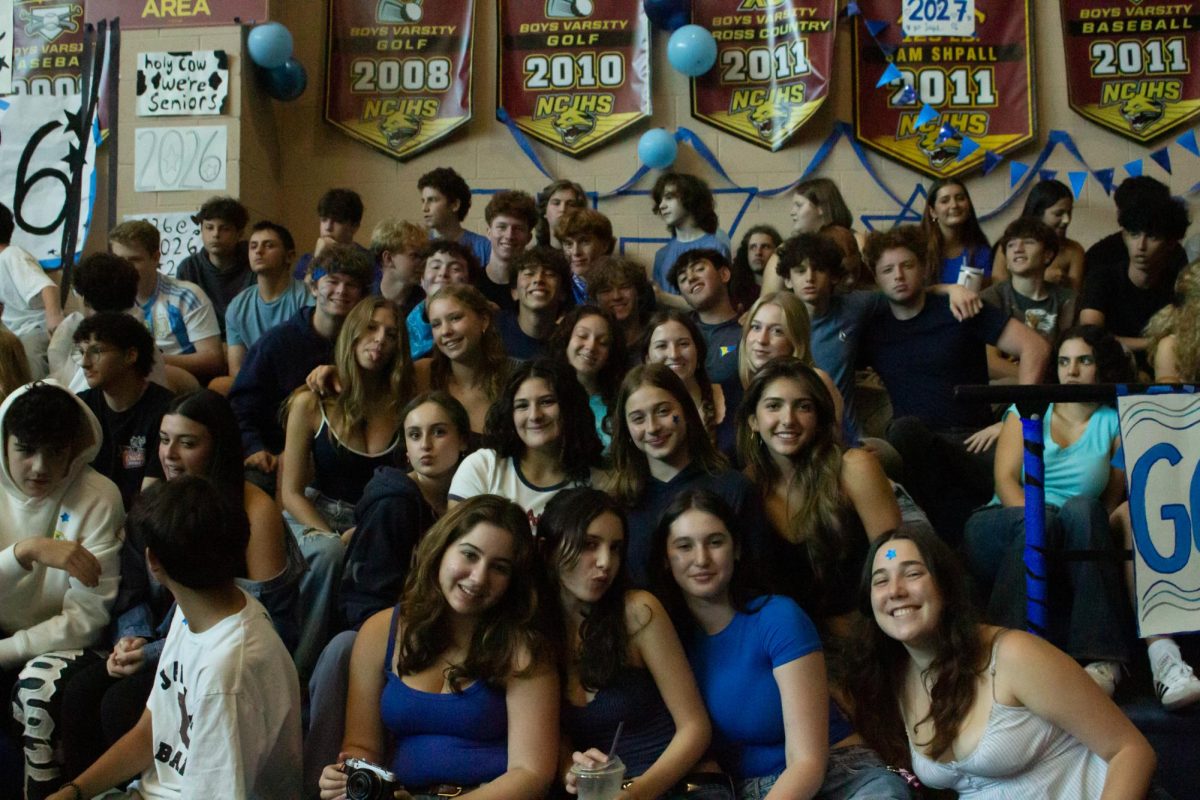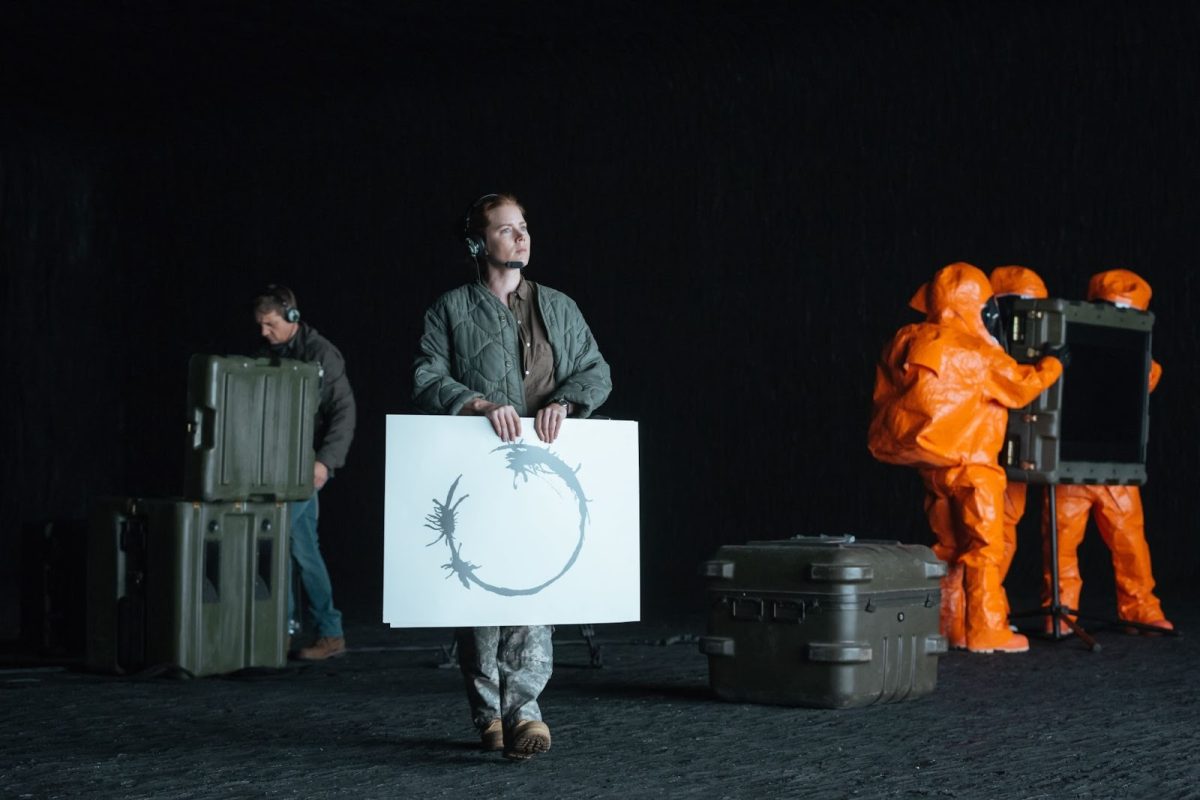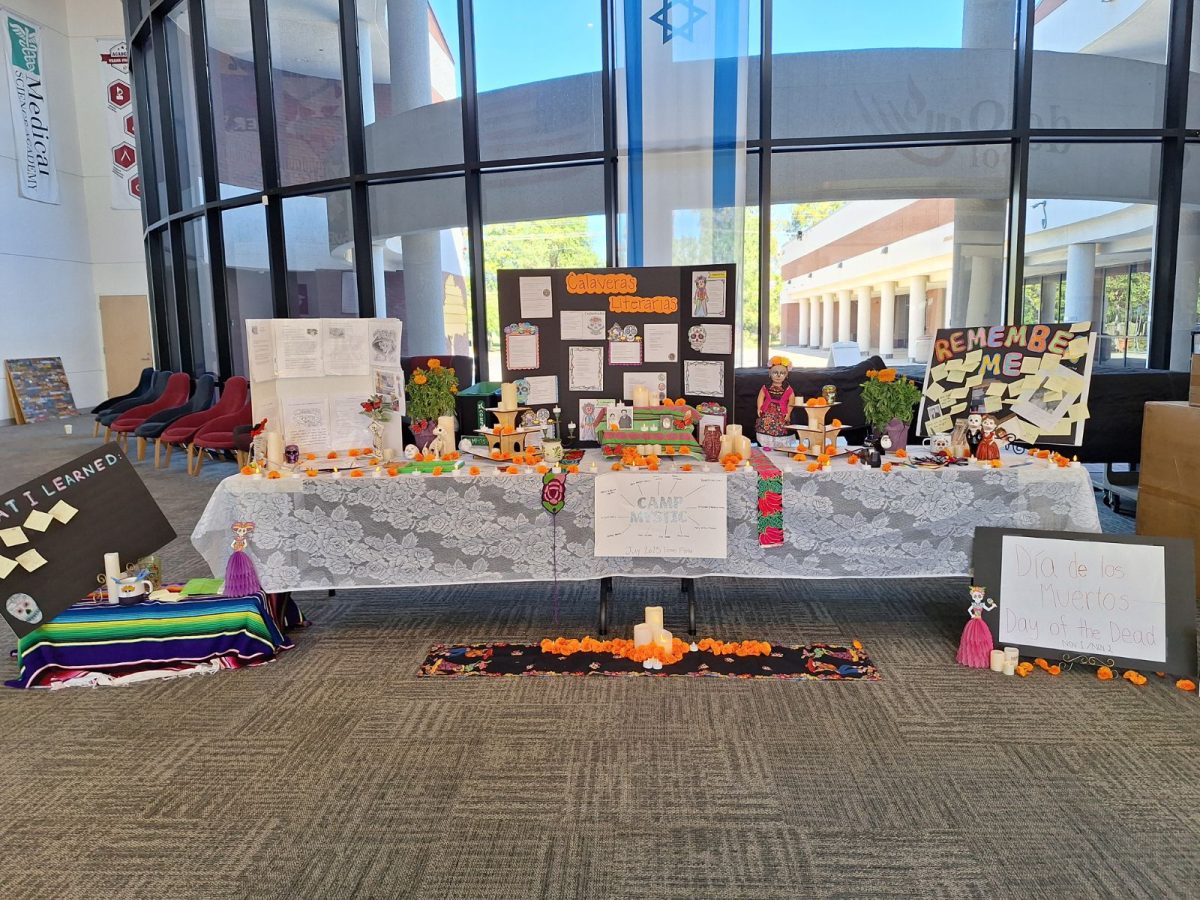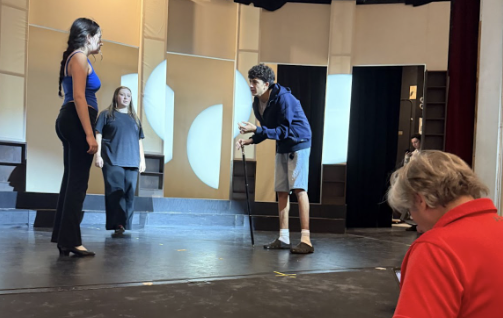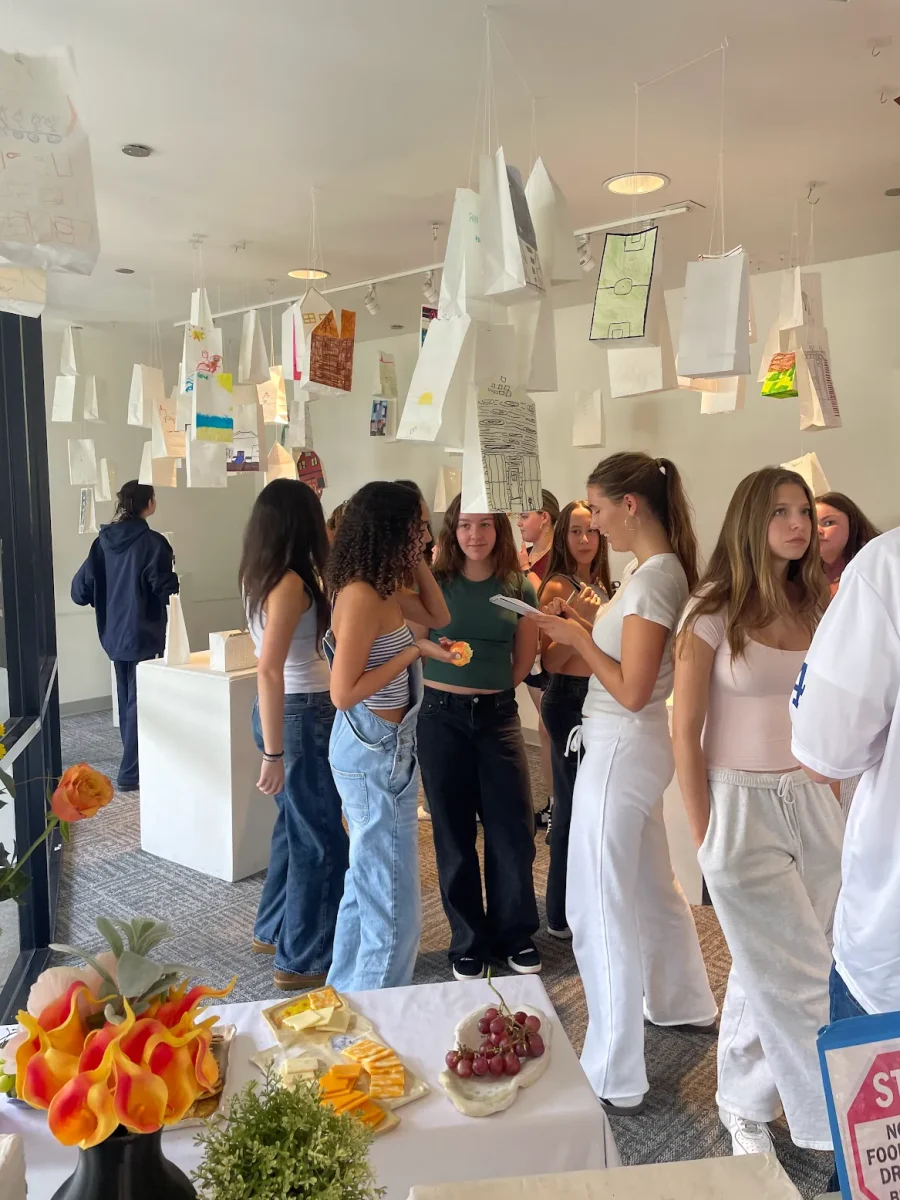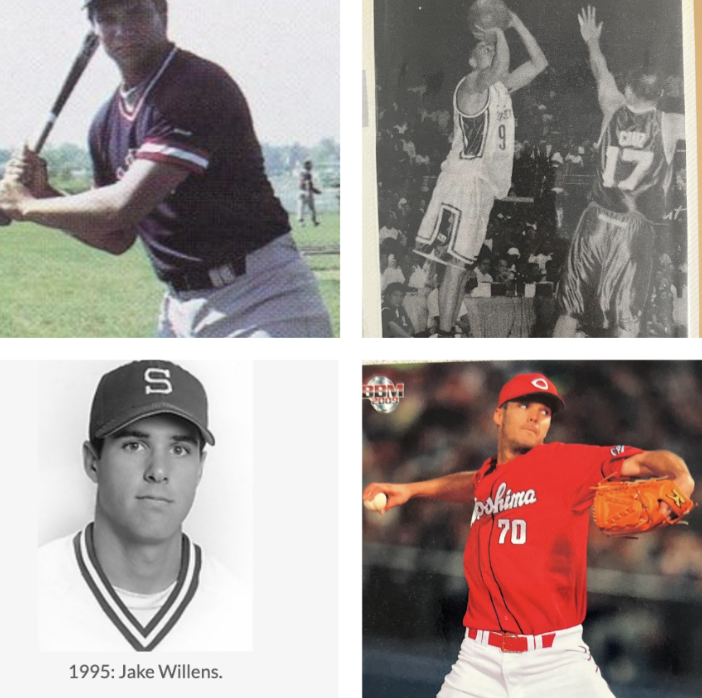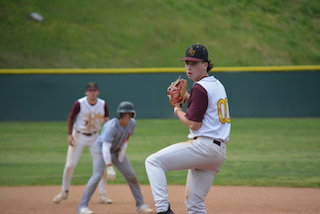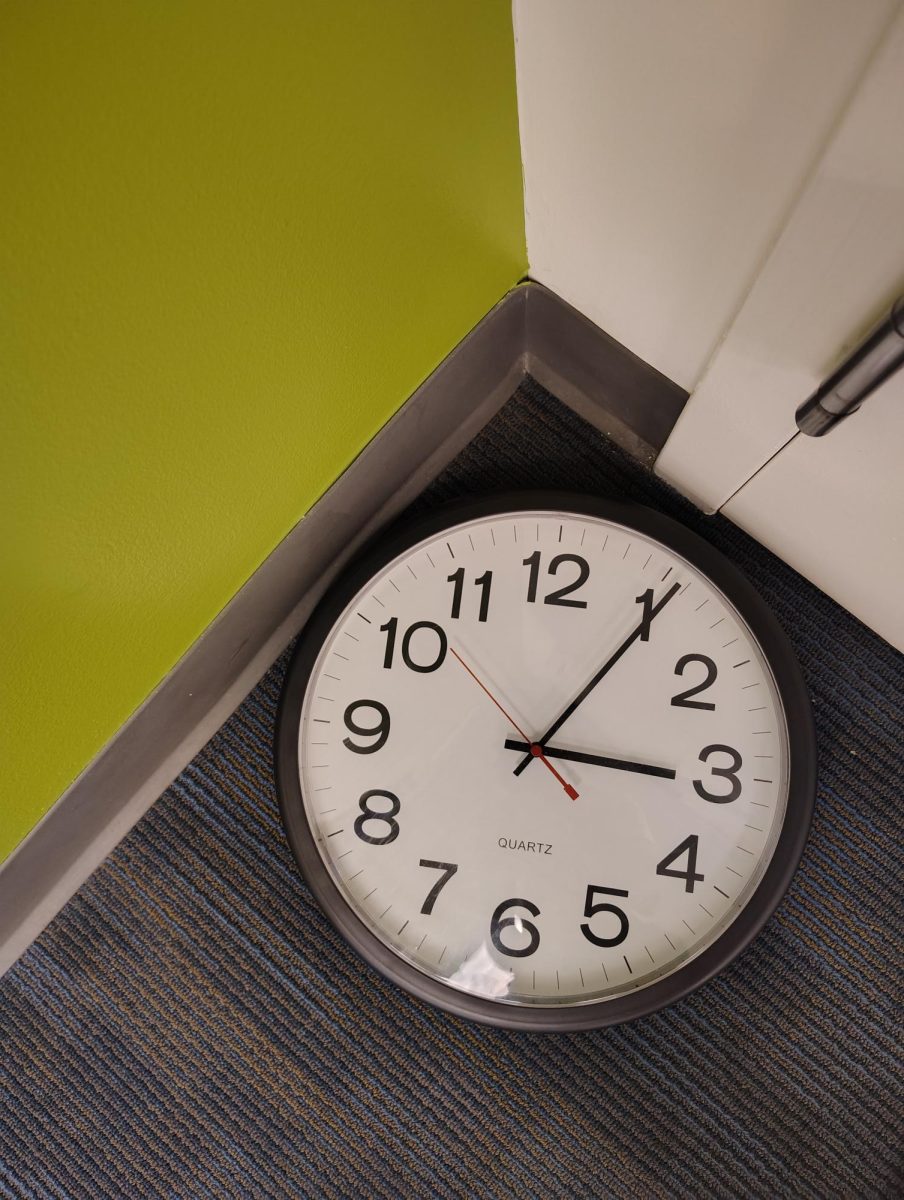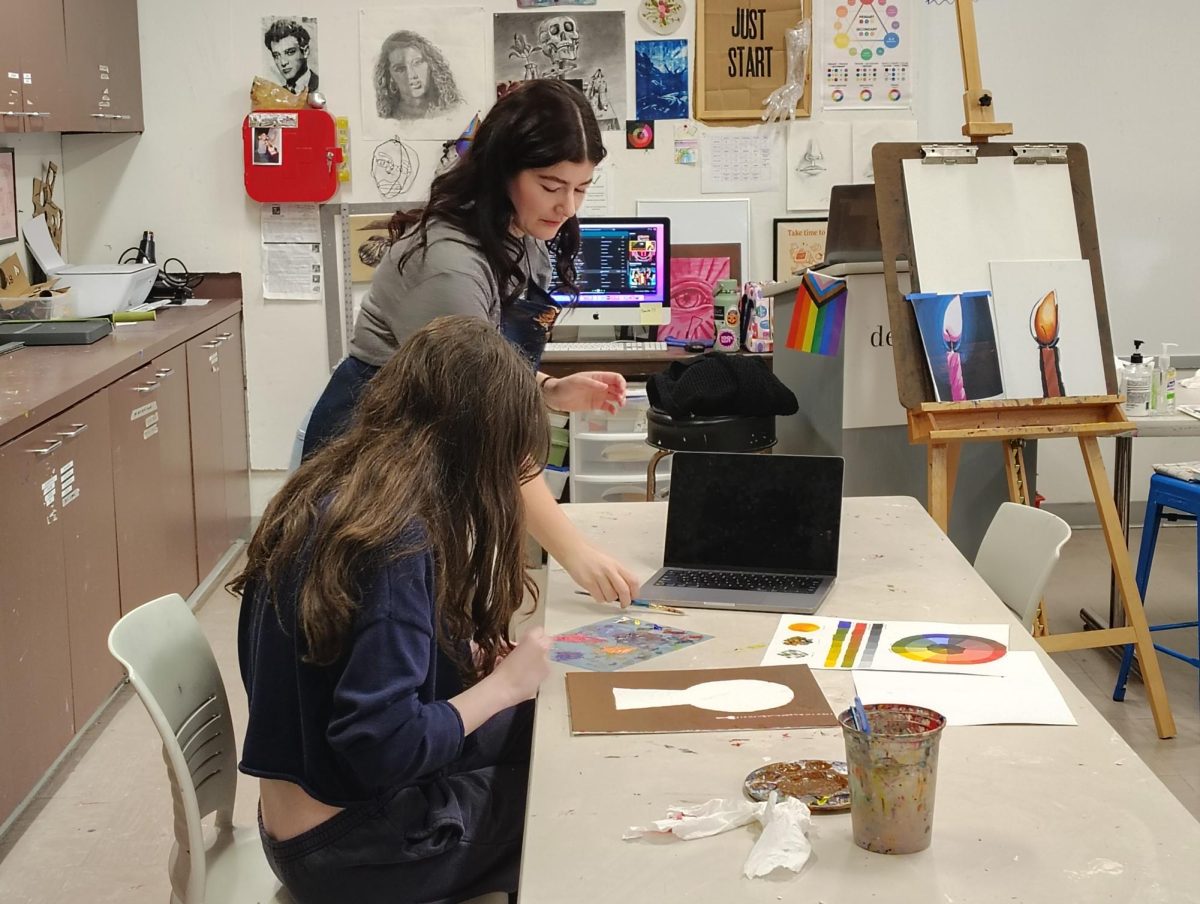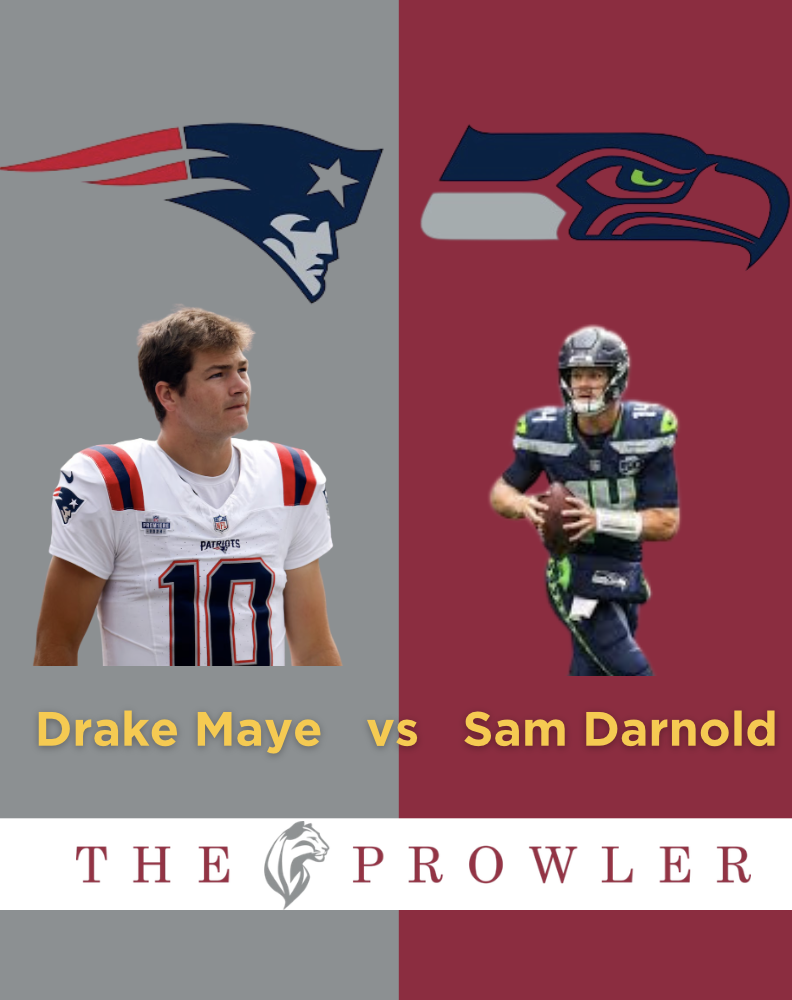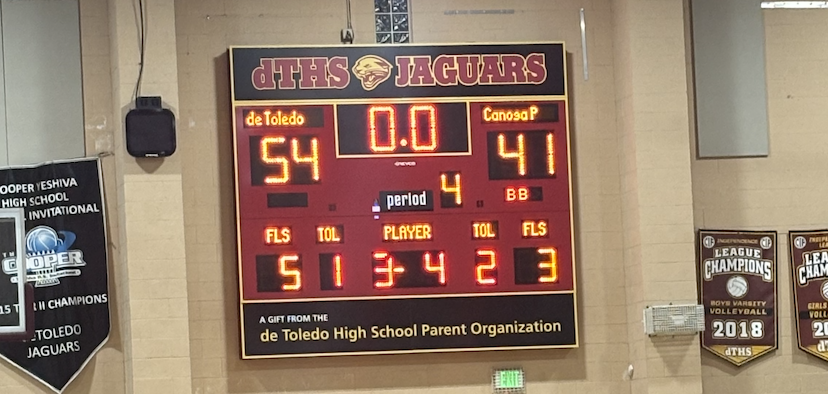Lauren S. (‘24) joined robotics when her friend asked her to “because she didn’t want to be the only girl” on the team.
One of only two girls on a 20-member team, Lauren said, “It is really hard at times.”
“A lot of the guys, they don’t realize they’re sexist, and they make very snide comments,” she said.
“They don’t even realize they’re misogynistic, but they are, and…it’s just not even worth it to call them out on it most of the time,” she added.
“My ideas aren’t heard as much.”
Lauren’s idea involved this year’s playing piece, a “thin, orange-like ring” which was, she said, “really small this year–one of the only years it’s been small. So I said we should suck it up from under[neath], like a Roomba vacuum.”
“It was hard to get them to listen and, you know, understand the idea. But if I was a guy, I know they would have taken it instantly.”
Jaguar Robotics Advisor William Cornell announced in a March 18 email that the team had placed third out of 44 teams in the weekend-long competition and were headed to a second regional March 27-30 at the Orange County Fairgrounds.
“Lauren is absolutely right, this program (FIRST Robotics Competition) and engineering in general has always been a fight for young women,” Cornell affirmed in a June 11 email. “They have to work three times harder to get the same recognition as their male counterparts.”
“I will admit,” he continued, “I have had Lauren and Carly [P. (’24)] point out my faults with mansplaining and not valuing their ideas. I have learned more from them than any other members in my six years as coach of this team. I strive to make the team welcoming for everyone at the school, [but] there is still a lot of work to be done, and I hope to continue what Lauren and Carly started.”
Captain of the Jaguar Robotics team Jack T. (‘25) described the robotics competition:
“Every year in January, we’re given a game,” said Jack. “Every high school in the world that competes in this robotics competition gets the same game.
“Then we have a six-week build season where we’re tasked with designing the robot, the computer, building it, programming it, all that stuff,” he said.
“We build a driver station every year that holds two joysticks and also the operating control, so basically we have a driver who’s driving the robot around the field and then also an operator who’s controlling all the actual functions of the robot…like the shooting, all that stuff.”
“This year was our best year yet, where we were able to place third in the LA regional competition,” said Jack.
“Julian L. (‘25) is the vice president of robot operations,” said Jack. “He basically manages all the design, the actual building of the robot; all that stuff he manages.”
“Lauren S., who’s graduating, was head of scouting and outreach,” said Jack. “At each competition it is also important that we collect data on other teams so we can choose who we select in the playoffs. So we need to have full data on every team so that we know who to pick.”
Ben R. (‘25) divides his time between baseball and robotics: “You can really do whatever you want within the [robotics] team: you can build, you can program, you can be part of the media. The environment of robotics allows you to accomplish whatever you’d like to.”
“Because you don’t have to be the best coder or the best builder… there [are] jobs for everyone: like the scouting team who go around and just watch the games to see what each robot does for the playoffs,” said Ben.
“I have slowly kind of earned their respect,” Lauren said. “It’s hard because a lot of the guys just came in freshman year. I joined in sophomore year, they came in freshman year, and all of a sudden they were just already accepted. And it was like they were a part of the team.”
“I had to fight for a lot more than they did,” said Lauren.
“We try to get members cycling into competitions to do different roles,” said Jack. “So we have shifts on who’s going to be in the pit working on the robot and who’s going to be in the stand scouting, and that rotates every match.”
“Our main goal is to have each upperclassmen make teaching opportunities for the younger kids,” Jack said. “So when we have a Major Design Project and we’re trying to build the bottom chassis of the robots–that’s the driving base–we’ll have upperclassmen take this sort of lead role on that, and then they’ll assemble a group of underclassmen to teach them how to do it, and they’ll actually be doing all the work.”
Freshman Zach T. described his experience: “On the robotics team, I had a lot of unique ideas to make the robot. Some experienced upperclassmen came around and told me why a few of my designs wouldn’t work, saving me a lot of time. Also, they highlighted some specific parts that they thought were unique. This allowed me to work on projects I wanted to while ensuring they benefited the team.”
“Robotics is viewed as something really nerdy and weird,” said Lauren. “We have had a few [girls] show interest in it, but then the guys, they always kind of just scare them away. Their comments and stuff …you have to learn to not take them to heart. They instantly, like, shoo away any girl. It’s weird,” she said.
“I won’t be here,” said the senior, “but hopefully a girl joins.”



